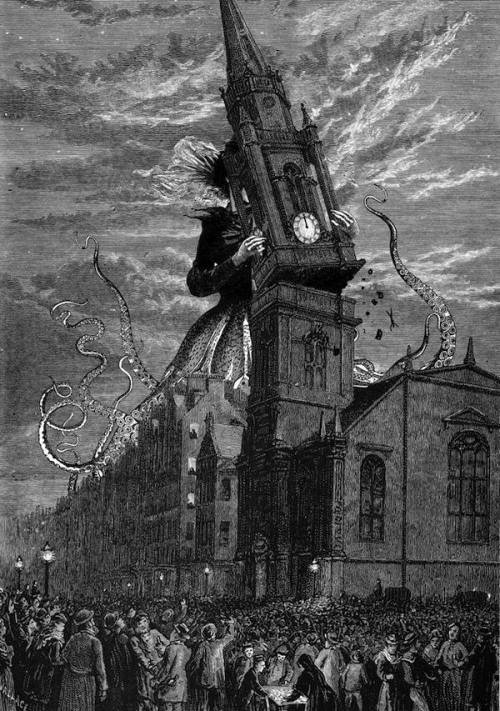
Globally, London is among the most appealing cities for international businesses. As Brexit talks continue, how will the global city handle the disruption taking place?
EU 101
The EU began as a “club” of sorts just a few years after the second world war. In 1957, six European countries gathered in Italy and signed the Treaty of Rome. This treaty was the beginning of what would later become known as, the European Union. The club’s prestigious membership grew in vast number since then and has gained tremendous influence across the world. This feat is something that no one dreamed of being possible during its creation. The EU has since brought peace and prosperity to a continent that endured hundreds of years of conflict and achieved great success by creating a single market and single currency to compete globally
2017 was the 60th anniversary of The European Union’s creation. Earlier last year in Rome, leaders from the 28 European nations making up the EU gathered to celebrate the club’s birthday. However, and in dramatic fashion, Britain decided not to attend the celebration. Instead, Britain’s prime minister, Theresa May, rejected the birthday invitation and instead introduced plans to begin the Brexit process.

A Race Against Time
In March 2017, Theresa May began the legal procedure for leaving the EU. This consists of a negotiation process with a time limit of two years, which is set to expire on March 29th, 2019. With only 12 months left till then, the pressure is on for Mrs. May to negotiate Britain’s exit from the EU. Britain’s departure is very uncertain, and businesses are especially concerned as to what the future relationship of the U.K. and EU will be.
On December 8th, the United Kingdom and the European Union agreed to several factors that will allow the Brexit discussions to move onto the next “phase.” Last Friday Theresa May and the European Commission President, Jean-Claude Juncker met to avoid a political disaster on the island. Most importantly, a decision was made on the border between Northern Ireland and the Republic of Ireland. Northern Island will remain a part of the U.K. and Ireland will remain apart of the EU without any “hard borders” between the two. Despite this agreement not technically being official until March 29th, 2019, both May and Juncker agreed to move on from this topic to move onto the next phase.
"Very good outcome for everyone on the island of Ireland – no Hard Border guaranteed!"
- Simon Coveney, Irish Foreign Minister
A Costly Divorce
The United Kingdom’s departure from the EU will only come with a great price. The final settlement of the “divorce” will be approximately €60bn. This is due to previous commitments by the U.K. and other debts owed.
Fortunately, EU citizens living in the UK and vice versa will keep their rights. These rights will remain protected even after Brexit takes place in 2019 as well. Despite what is considered to be a big breakthrough for the island, these negotiations are not final, and there is expected to be more controversy as this Brexit divorce unfolds. The future will be tense between both parties, and especially within May’s own political party at home.
London's Hazy Future
Ironically, one of London’s nicknames can be used as a metaphor for the city’s current economic and political uncertainty. Infamous for the large amounts of fog in the city, London has become known as, “The Big Smoke.” As March 2019 nears, companies and firms based in London are beginning to panic. Banks, insurers, retailers, managers, executives, and financial institutes are looking for clarity as the Brexit negotiations continue. Despite Mrs. May moving onto the next phase of Brexit, the deals that were recently reached still leave London just as confused as before.
Businesses in London are most importantly looking for two agreements to be met between the UK and the EU. An agreement on a transition period, and the possibility of a UK-EU free-trade agreement. The transition period needs to give businesses certainty that their future will not be at risk. Within this period, businesses need time to adjust and confidence that there is no chance of the agreement suddenly being revoked. A free-trade agreement is also important for businesses in London. With the U.K. government’s slow and unsteady process in regards to Brexit so far, businesses’ biggest fear should be Britain leaving the EU without any deal at all.
Economically, the effects of Brexit will significantly impact Britain more than other countries in the EU. Oxford Economics forecasted that by the end of 2020, Britain’s GDP will decrease by 2%, which is roughly £40bn. If Britain leaves without any deal, trade will have the greatest impact on the island. Food prices will soar, industries will struggle with tariffs, and Ireland’s border will cause many headaches.

The finest example of turkeys voting for Christmas that I have ever seen.
Upvoted.
Hahaha. I absolutely agree, @inseasie!
Congratulations @charleswayne! You received a personal award!
Click here to view your Board
Congratulations @charleswayne! You received a personal award!
You can view your badges on your Steem Board and compare to others on the Steem Ranking
Vote for @Steemitboard as a witness to get one more award and increased upvotes!